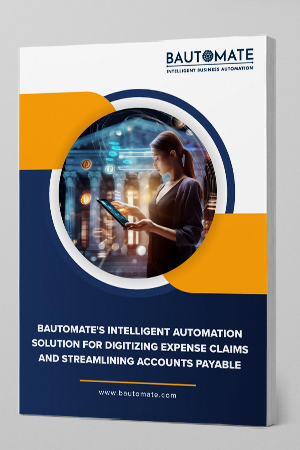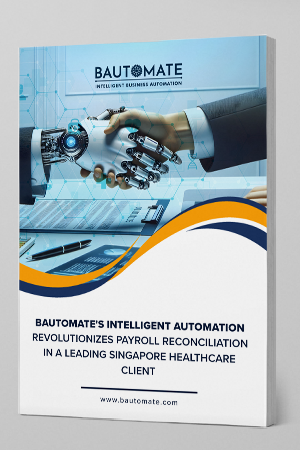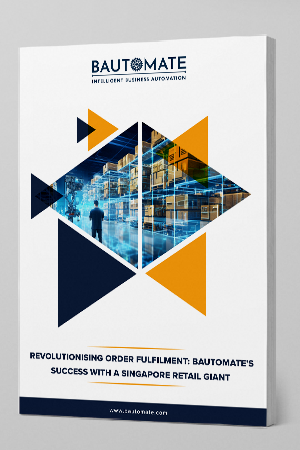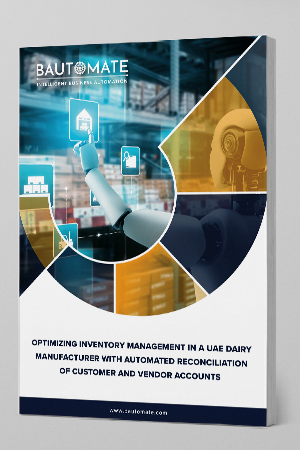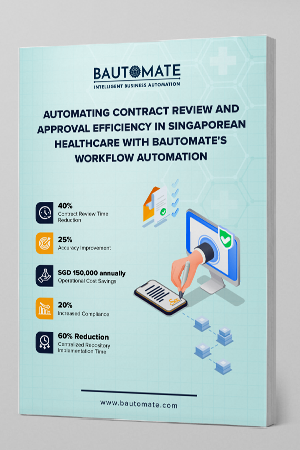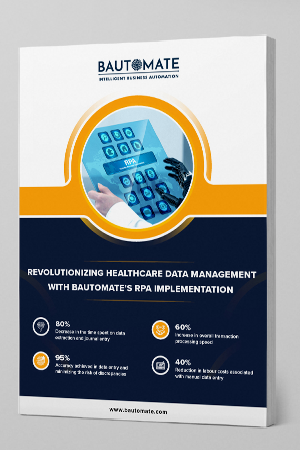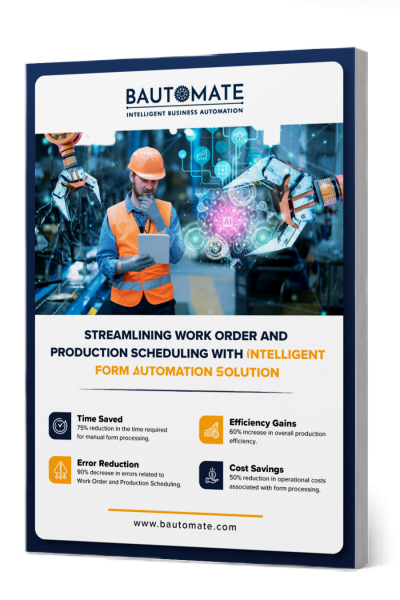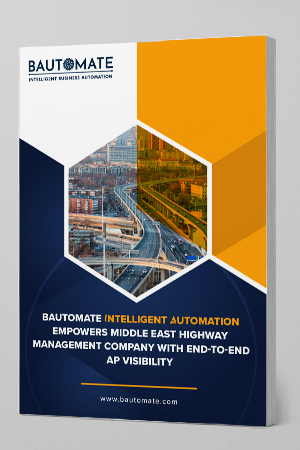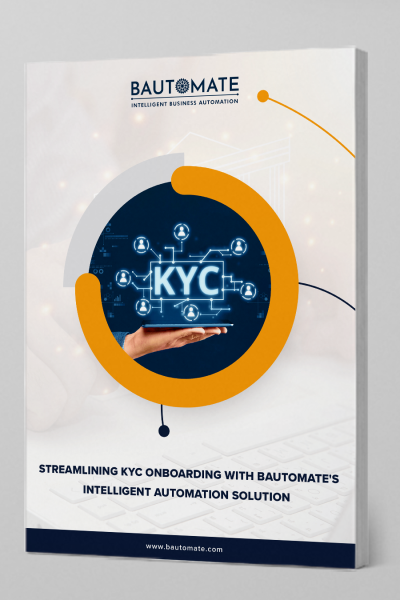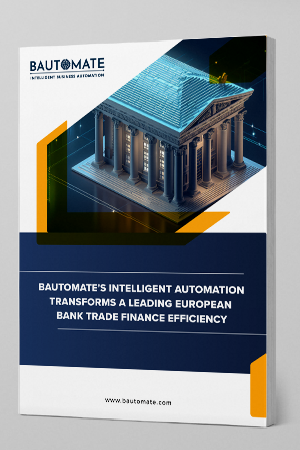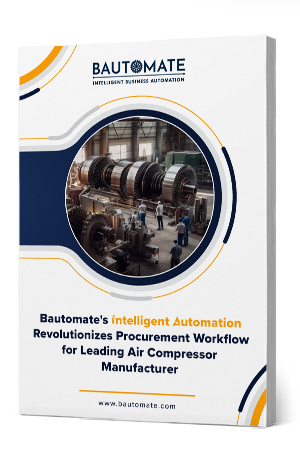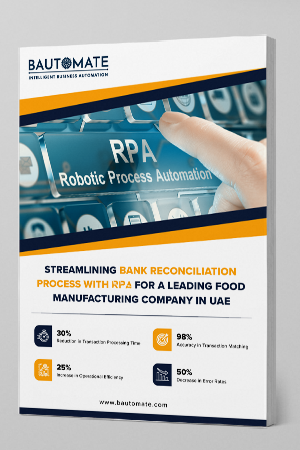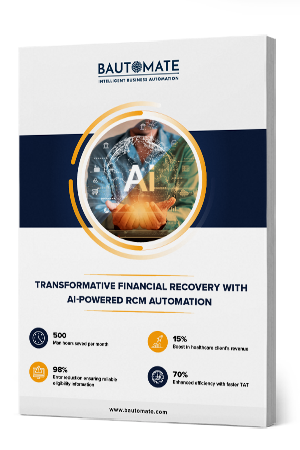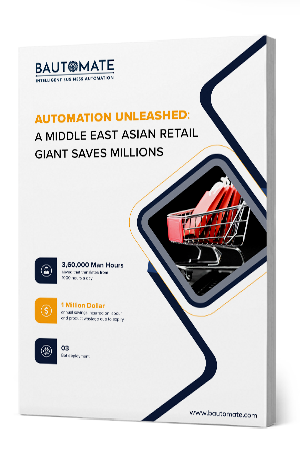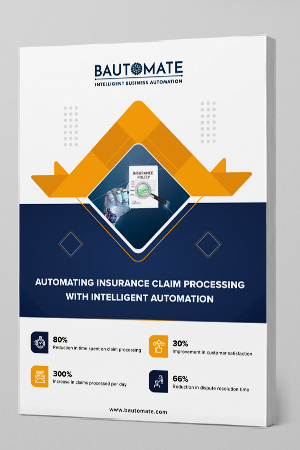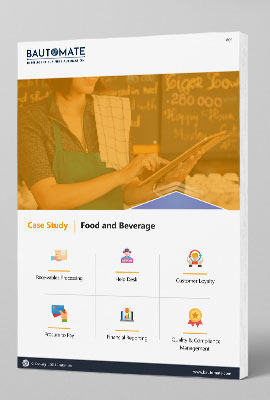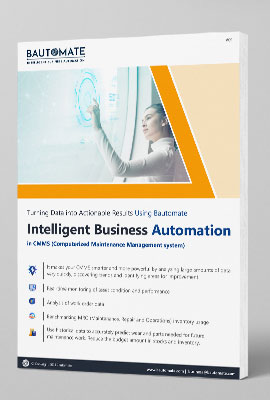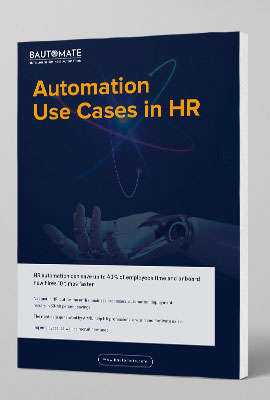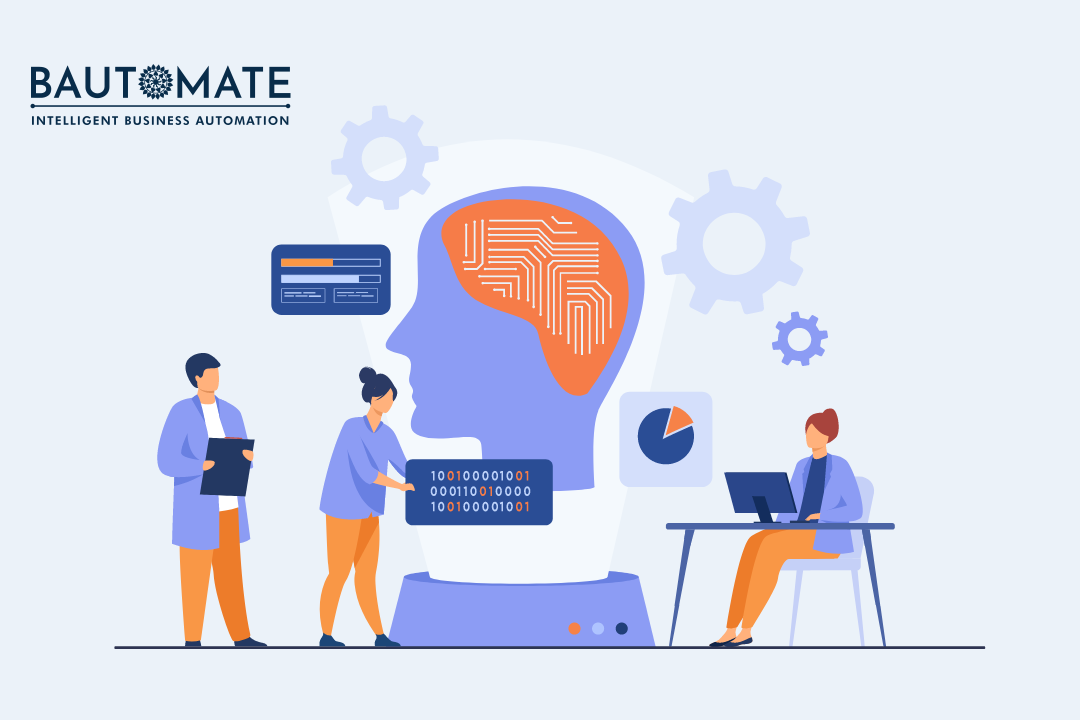
Nowhere does efficiency and promptness matter as much as they matter in the healthcare industry. People’s lives depend on them. Therefore, the majority of pioneering technologies are implemented in the healthcare sector first, and then in other industries. The same is the case with automation.
What is automation? In simple terms, automation means the establishment of a system or a technology that performs a task or a series of tasks on its own, without human intervention. After industrialization, automation was mostly machine-based (for example, assembly line car production, or putting caps on toothpaste tubes), but after the advent of information technology, a big part of automation happens through software.
When we think of healthcare, we mostly think of patients and doctors interacting with each other or doctors treating patients. Although one-on-one patient care is one of the biggest aspects of healthcare, on daily basis, healthcare workers need to deal with hundreds of manual tasks such as billing and claims management, patient onboarding, collecting patient data, providing prescriptions, setting up appointments, and allocating hospital or clinic resources based on the criticality of the situation, among others.
Why is automation necessary for the healthcare industry?
- Cutting costs for repeat tasks.
- Increasing overall efficiency.
- Having to hire fewer administrative employees.
- Efficient utilization of equipment.
- Better data analytics through efficient data capturing and data organization.
- Predictive healthcare.
- Seamless scaling.
- Providing remote medical care.
Efficient execution of both clinical and business processes is extremely critical for the growth of a hospital or a clinic. More than that, it is vital for providing highly professional and thorough patient care. Process automation for healthcare can be implemented at multiple stages to make it possible for the hospital to run its operations smoothly, faster, efficiently, and at the same time, not compromising with the quality of healthcare being provided. Listed below are some ways automation can improve patient care in the healthcare sector.
Capturing vital health indicators on an ongoing basis and automatically raising red flags
There are many wearable technologies available these days that allow doctors and hospitals to track the health of their patients remotely. The data is constantly uploaded to the hospital server through Wi-Fi or carrier connections and is analyzed by automation software on an ongoing basis. Doctors can enter customized ranges for individual patients, and red flags can be automatically raised in case the vital stats go out of these ranges.
BPA Software eliminates the need to manually monitor the patient’s vitals, a process that is replete with errors and great inconvenience to the patients and drains on hospital resources. With such automation, medical intervention is required only when there is a need. Since the vital signs of the patient are monitored by software and tracking devices, there is no scope for human error.
Faster and simplified appointment scheduling
As the number of patients increases in different hospitals and the number of health professionals and doctors remains more or less the same, scheduling can be a big problem. Although the initial scheduling (patient contacting the hospital system) these days happens online and it hardly takes a minute, in the background, lots of information needs to be processed. It involves collecting personal information, diagnosis and treatment history, insurance details, and confirming the doctor’s availability.
Intelligent process automation in healthcare can be used for patient data collection and processing. A calendar system can be used to set up appointments based on the doctor’s existing schedule. The pharmacy can be notified in advance in case a certain medicine is needed after the appointment. Notifications with all the patient’s details can be broadcast to the insurer automatically. Reminders can be sent to the doctor as well as the patient as the day of the appointment approaches. On many occasions, both doctors and patients lose track of time and end up missing appointments and this can have devastating results on the health of the patient.
Speeding up account settlements
Billing is another paper-intensive and time-consuming process that can be automated. Bills accumulated during the diagnosis and treatment can be automatically adjusted as the treatment progresses. For example, after a doctor’s consultation, the fee can be automatically added to the billing system as the doctor enters the details of the diagnosis. Similarly, when medicines are administered, based on their barcode information, the data can be added to the historical details of the patient as well as in the billing section automatically.
Whether the patient gets consultation through video calls or pays a visit to the hospital, billing information can be captured at every touchpoint.
Improving the quality of interactions and support
All the historical data of the patient can immediately pop up on the screen of the health worker as soon as the patient calls up, contacts via an instant messaging app, or sends an email. Many AI-powered automation systems can understand the messages contained within emails for instant messaging updates (for example, WhatsApp messages), and respond accordingly.
Automation no longer remains a fancy jargon or some sort of privilege. Many patients assume that your hospital or clinic is equipped with the latest intelligent automation platform to improve healthcare standards. Right from data capturing to document processing to information retrieval to remote health monitoring, there are innumerable automation options that can improve the patient’s quality of life and make things considerably easier for the hospital staff, including health professionals.




